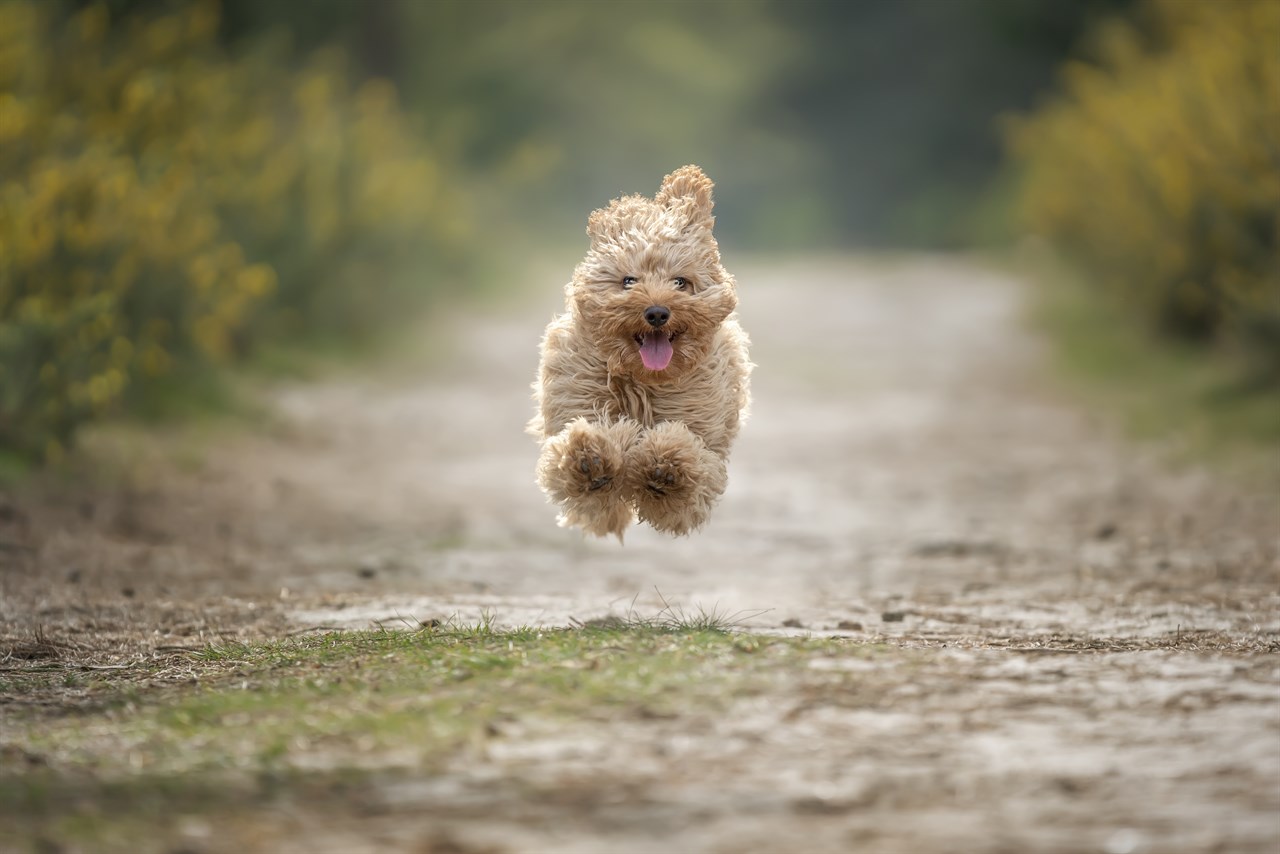Barking Habits of the Cavoodle: Understanding Their Vocal Nature

Cavoodles are known for their friendly and sociable nature, but like all dogs, they have their own unique barking habits and tendencies. Understanding these habits is essential for maintaining a harmonious living environment with your Cavoodle.
Do Cavoodles Bark a Lot?
Cavoodles, as a breed, do not have a reputation for excessive barking. However, individual barking tendencies can vary from one dog to another. Several factors influence how much a Cavoodle barks:
- Socialisation: Well-socialised Cavoodles are less likely to bark excessively. Proper socialisation helps them become more confident and less prone to barking out of fear or anxiety.
- Training: Adequate training and reinforcement of basic commands like "quiet" or "enough" can help control barking when it becomes excessive.
- Boredom: Cavoodles are active dogs, and when they are under-stimulated or bored, they may bark to express their restlessness. Regular exercise and mental stimulation can help reduce this behaviour.
- Alertness: Like many small breeds, Cavoodles may bark when they sense a perceived threat or intruder. Their alertness can make them excellent watchdogs.
- Separation Anxiety: Some Cavoodles may bark when left alone for extended periods. Separation anxiety can be a cause of excessive barking in any breed.
Why Does My Cavoodle Bark at Night?
If your Cavoodle is barking at night, there could be several reasons behind this behaviour.
- Attention-Seeking: Dogs are social animals, and your Cavoodle may bark at night to get your attention, especially if they're used to nighttime companionship.
- External Stimuli: Nocturnal sounds like wildlife or neighbourhood noise may trigger barking. Dogs have keen hearing, and they may react to sounds that you cannot hear.
- Anxiety: Some dogs experience nighttime anxiety or fear, which can lead to barking. This may be due to changes in routine, new surroundings, or underlying anxiety issues.
- Physical Discomfort: It's possible that your Cavoodle is barking due to physical discomfort, such as pain, illness, or the need to relieve themselves. If this behaviour is sudden and persistent, a vet visit may be necessary.
- Training and Routine: Inconsistent training and a lack of a regular bedtime routine may also contribute to nighttime barking. Establishing a predictable bedtime routine can help alleviate this issue.
To address nighttime barking in your Cavoodle, it's crucial to identify the underlying cause. If it's attention-seeking behaviour or anxiety, providing comfort, reassurance, and consistency in your routine can often help. If the barking persists or is accompanied by other concerning behaviours, consulting with a veterinarian or a professional dog trainer is advisable to rule out medical issues and develop a suitable training plan.